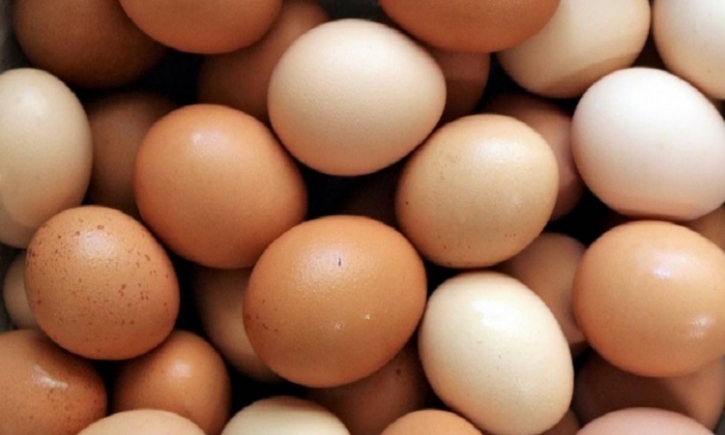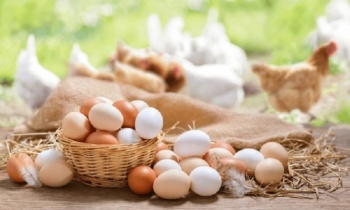At Tk 150 per dozen in Dhaka markets, eggs not an affordable protein source anymore
UNB || BusinessInsider

File photo
Eggs are not an affordable quality protein source anymore, as the price per dozen has soared to Tk 150 in Dhaka’s kitchen markets.
Lower-income families have already been cutting consumption of chicken and meat due to unusually high prices, consumer rights groups say.
Now, with eggs going for close to Tk 13 per piece, they won’t be able to afford any quality source of protein altogether. Street vendors are selling boiled eggs at Tk 20 per piece. An egg is being sold at Tk 30 in Dhaka restaurants.
Consumers Association of Bangladesh (CAB) Vice-president SM Nazer Hossain said consumers in Bangladesh are having a tough time amid record prices of daily essentials due to higher inflation.
Farm-produced eggs, broiler chicken, and farmed fish have been traditionally key protein sources for millions of poor and low-income people in the country, he said.
He stressed strict monitoring of eggs, chicken, meat and fish prices in kitchen markets to keep these items at an affordable price for all consumers.
Egg prices rose by Tk 30-35 per dozen in contrast to January, compounding the woes of lower-income groups and those with fixed income.
While visiting kitchen markets in Dhaka yesterday, this correspondent observed that depending on the size and quality, a dozen of farm-produced chicken eggs were being sold at Tk 145 to Tk 150. At some markets, eggs were being sold at Tk 155 per dozen. A dozen eggs in some super shops were being sold at Tk 170-180 per dozen.
On the other hand, duck eggs were being sold at Tk 80 per ‘hali’ (4 pieces), and free-range (local) chicken eggs were being sold at Tk 70-75 per hali.
Bangladesh Egg Producers Association President Taher Ahmed Siddiqi told UNB that the demand for eggs is still high, while production has slowed a bit.
Many farms were forced to discontinue their operations during the pandemic-induced lockdown, and are still out of production due to higher operational costs.
Production costs have risen by 70-80 percent in one and a half years amid a tectonic surge in feed prices – discouraging many to do trading amid the risk of losses.
























